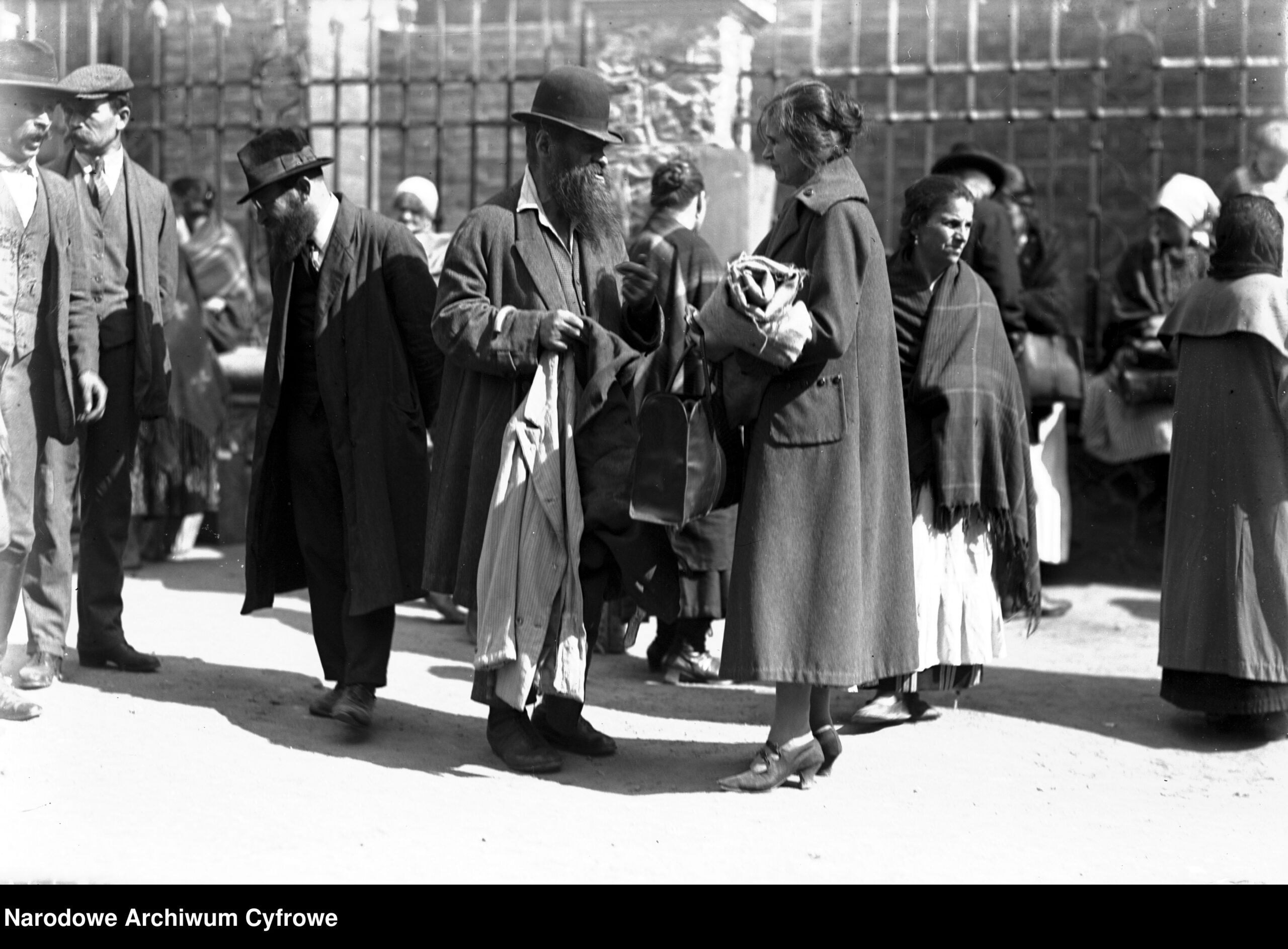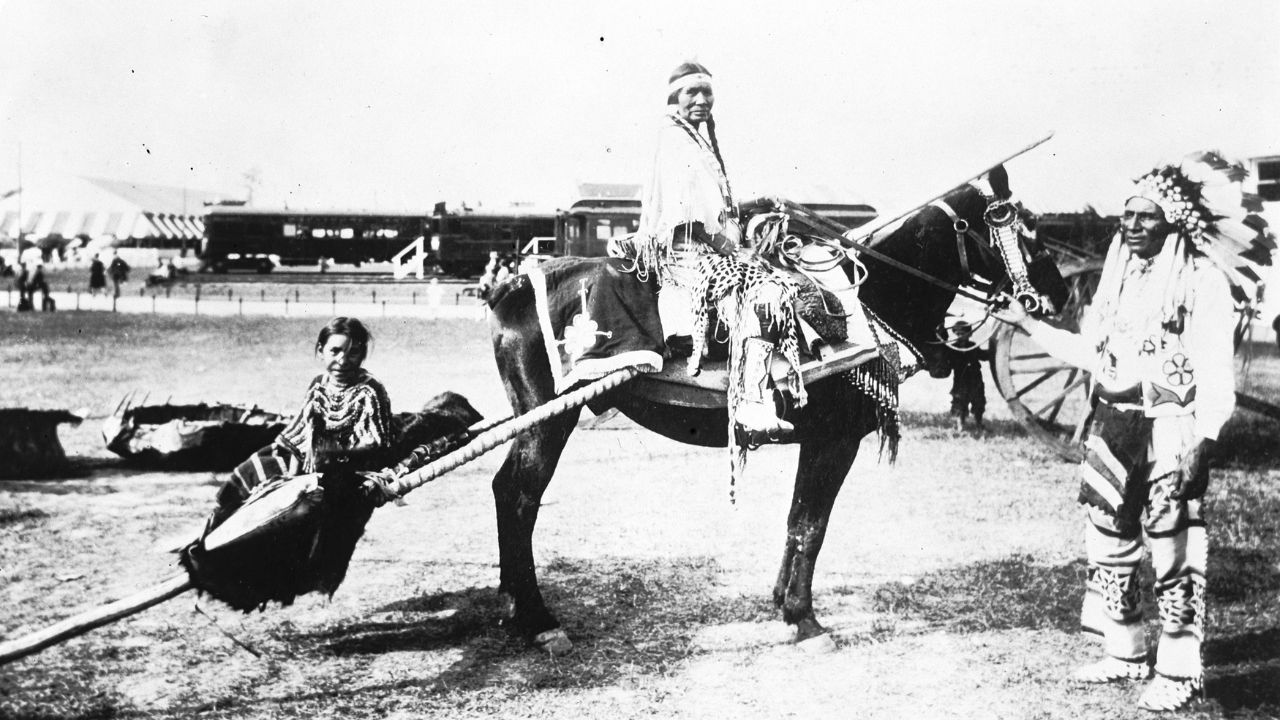
Friend of Abraham Lincoln, first Polish-American professional baseball player, director of Bureau of Investigation and head of Passport Division – read about immigration experiences of Bielaski family.
Life of the people, who decided to leave their fatherland and settle down in other country is often really hard. Many of them can’t get use to new environment; cultural differences and language barrier can make a process of assimilation more difficult. Dreams about better life meet the hard reality.
But there are plenty families, which profited from moving abroad and gained the highest honors there.
Bielaski family as an good example
Alaksander Bielawski
Alaksander Bielawski was born in Minsk, in 1811. He was fighting in November uprising, under the command of General Henryk Dembiński. After the defeat, Bielawski escaped to France, then he moved to United States. In America, he changed his name on “Alexander Bielaski”. Since 1837 he has been working as engineer in Illinois – there he got married and became friend of Abraham Lincoln. Later he moved to Washington D. C., where he got a job in General Land Office. At the dawn of Civil War, Bielaski offered his services to Lincoln. He joined the Union Army, and was acquainted with the rank of captain, serving as a aide-de-camp to General John McClernand. Captain Bielawski died in the Battle of Belmont, killed by a cannonball. He distinguished himself by extraordinary heroism.

One of his sons, Oscar (1847-1911) was also fighting during Civil War – he served as a drummer. He managed to survive whole conflict. In the lulls between the battles, he learned to play baseball, and fell in love with this discipline of sport. After the war, Oscar became the first Polish-American professional baseball player. Between 1872 and 1876, he was playing in four teams: Washington Nationals (1872), Washington Blue Legs (1873), Baltimore Canaries (1874) and Chicago White Stockings (1875–76). With the last team, he won National League championship in 1876. Oscar played as a right fielder. In 2005 he was inducted in the National Polish-American Sports Hall of Fame.
Alexander Bruce
Oscar’s brother – Alexander – was Methodist minister. He and his wife, Roselle had six children – three daughters and three sons. We focus on the two of them – Alexander Bruce (1883-1864) and Ruth (1885-1966). After all, they have the greatest careers in the entire Bielaski clan.

The story of his kidnapping was widely known. In 1921 Bielaski was in Mexico. There, he was kidnapped by unidentified bandits. They designated a ransom – ten thousand dollars. Former director managed to escape and retrieve all the money. Mexicans started an investigation, claiming that whole kidnapping was orchestrated by Bielaski himself. Investigation was canceled, after the intervention of U. S. government. The whole incident was very mysterious – to this day we don’t know, what really happened.
Ruth Shipley
Bielaski family - conlusion
From former insurrectionist to prominent government officials, having real impact on the functioning of country – Bielaski family, during three generations reached the status, which many other families, living in the USA much longer, could only dream of.









